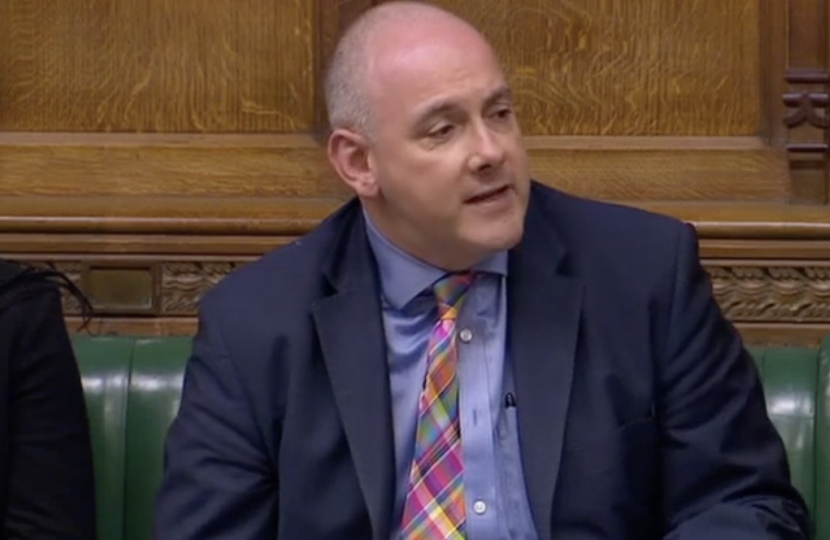
If there is one silver lining to this awful Covid-19 cloud, it is that it has exposed the significant school-age inequalities in modern Britain.
The number of pupils receiving Free School Meals has skyrocketed to 2.2 million. The pandemic has caused almost a third of families to suffer a drop in income. The Office for Budget Responsibility has forecasted a 13.2 per cent rise in unemployment, meaning that 336,500 more working adults could face food insecurity. Now is the time for the Government to come up with a long-term plan to combat child hunger. It should have four components.
First, the Department for Education should gather accurate data to measure the extent of child hunger and examine all the disparate programmes from different Government departments to assess whether they are working efficiently or if the money could be better spent. In September, for example, just 47.3 per cent of eligible mothers were receiving Healthy Start vouchers – and these uptake figures are in decline.
Second, the Prime Minister needs to carefully consider the proposals set out by the National Food Strategy, endorsed by the footballer Marcus Rashford and his task force of supermarkets, retailers and manufacturers. This should start with the extension of free school meals over the school holidays – at least while Covid-19 restrictions remain and joblessness continues.
Third, a recent study from the University of Leeds found that children who ate breakfast regularly achieved an average of two GCSEs higher than those who did not. There is an opportunity here to tackle the widening attainment gap between disadvantaged pupils and their better-off peers, which is estimated to increase by as much as 75 per cent as a result of recent school closures. The Government should implement Emma Lewell-Buck MP’s School Breakfast Bill, which I am supporting, and give all disadvantaged schools the funding to provide a free school breakfast to children at risk of hunger.
Fourth, we need a programme of holiday activities, not just over the summer but every half-term, Christmas and Easter break, to offer academic catch-up as well as mental health support. I’ve seen in my own constituency the benefits youth camps can bring. Not only do children have a safe place to learn, but they also get a good meal.
Finally, it is all very well for companies to tick their corporate social responsibility boxes, but if the Government is to have a comprehensive strategy and fund this, businesses need to provide match funding – be that by redistributing wasted supermarket food, discounting Healthy Start vouchers or other means.
Some people will ask, what does a footballer like Rashford know about food insecurity? He has just as much right as anyone else to talk about these issues. But having depended on breakfast clubs and neighbourly support as a child, he understands child hunger more than most. The Prime Minister should bring him to No 10 to listen and work with him and his task force on a long-term solution to end child food poverty.
